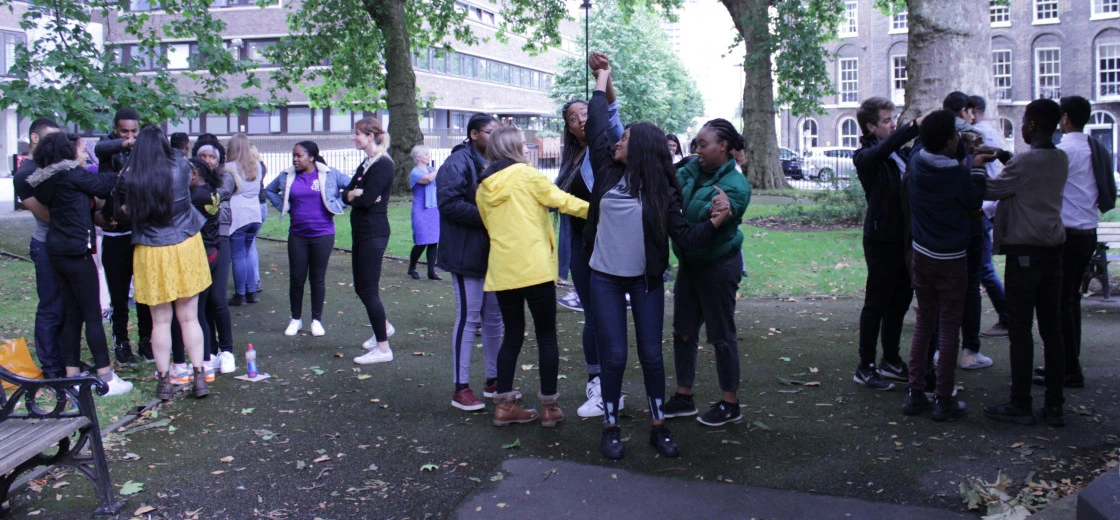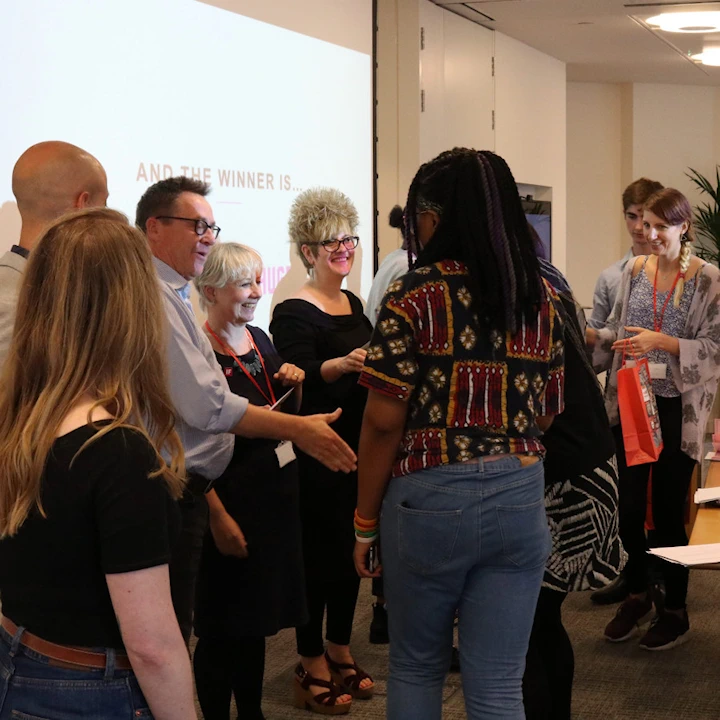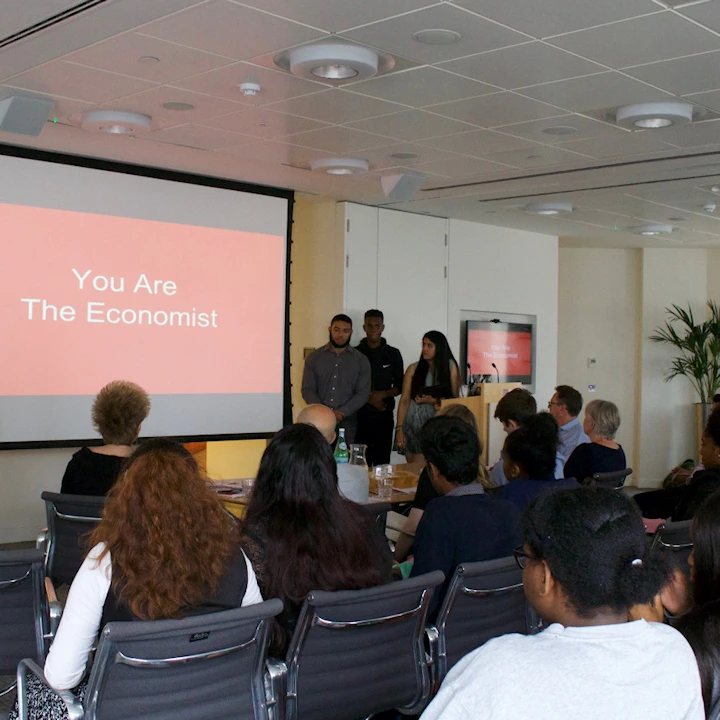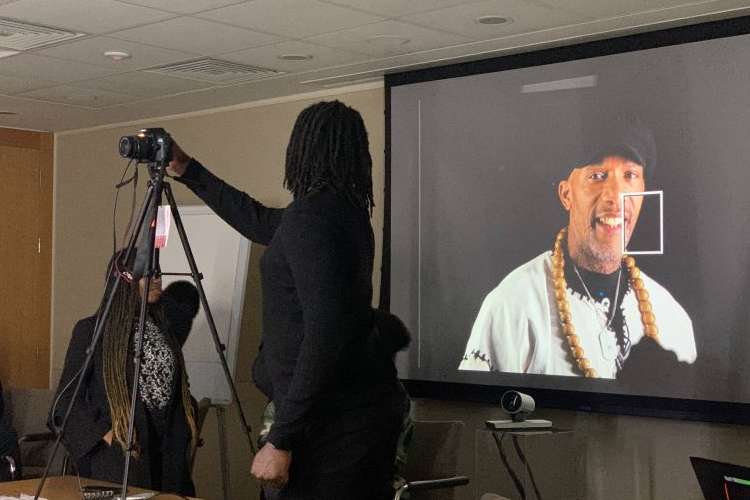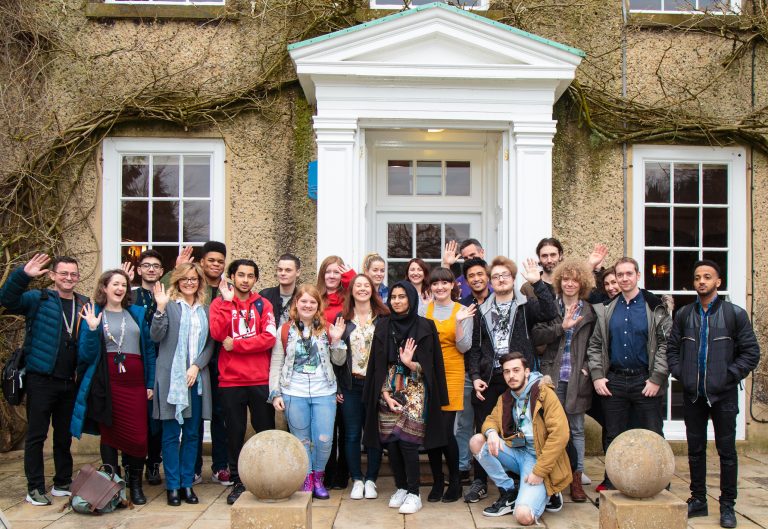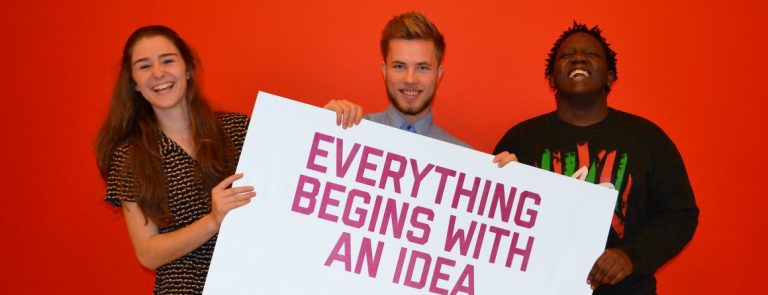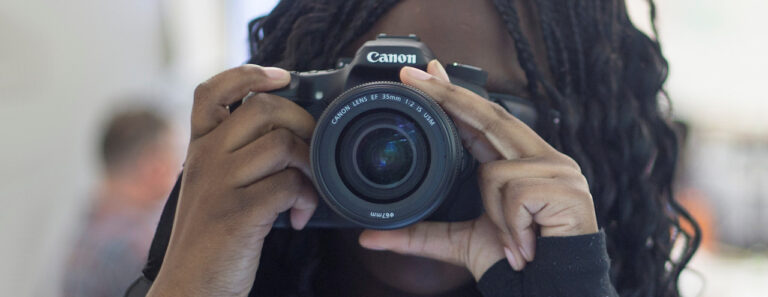The Economist

“How dare you twist up the truth”
Stormzy lyrics from “Big for Your Boots”
What IF Stormzy could cut through fake news?
In a world where fake news spreads faster than real news, where can you go for the truth? And how can you make young people read it? Those were two of the questions The Economist put to 40 students across London in one of our toughest briefs yet.
Proximity, Huge and City University all backed the brief
City University hosted the creative camp, while mentors from Proximity and Huge challenged our students to question the nature of truth, and where you go to find it. And they were on hand to help our students create bold digital, video and outdoor campaigns to promote The Economist as an honest news source.
Winning ideas included videos and images showing The Economist clearing away the fog of fake news, or spreading the truth by firing copies of The Economist from cannons. But the concept that captured everyone’s attention was using an ambassador. Someone young people looked up to. Someone who spoke up for truth. Someone who’d be proud to get behind The Economist.
Everyone agreed, it had to be Stormzy.
The truth is out there
Reading The Economist is one way to get the truth (even if you only dip in now and then, rather than reading it cover-to-cover). But how can you spot fake news online? Here are three things to try.
- Look beyond the headline (especially before you share something)
Certain writers use controversial ‘clickbait’ headlines to lure you in. But the articles they link to tend to be a lot less shocking. So read on, and don’t share outrageous headlines on social media without getting the full story. - Think about where the story’s come from
If you’ve found something outlandish on an unfamiliar website, think twice. First, check the other stories on the site – if they sound too good, or too ridiculous to be true -Goldfish cures cancer, Eating 3kg of chocolate a day’s the secret to eternal youth - they probably aren’t. So the story you’re reading is probably fake, too. - Do your own research
Don’t trust a single news source. Read around – check the BBC, talk to your teachers, look in the library. The more informed you are about the world, the easier it’ll be for you to sift out those fake stories.


